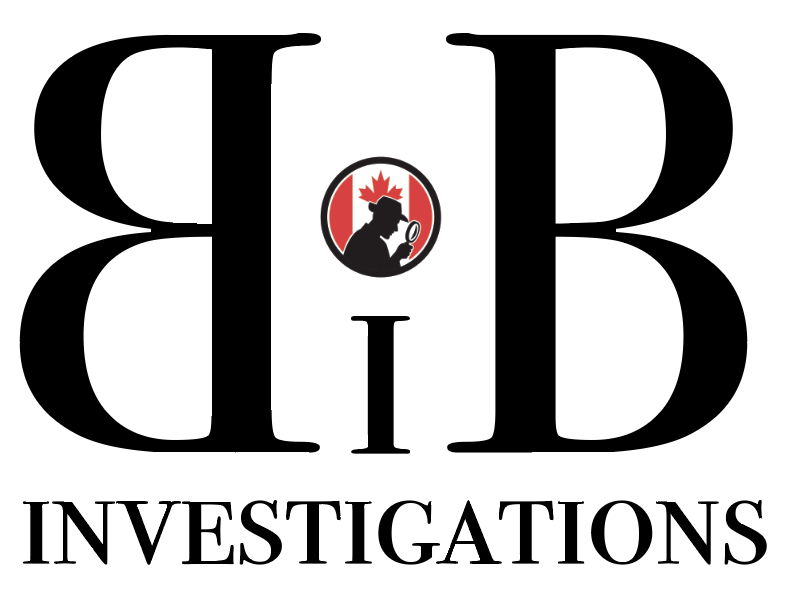-
Admin@bbiinvestigations.ca
Email Us Today!
-
Maple Ridge, BC
Visit Our Office
778-513-3921
Confidentiality Guaranteed
778-513-3921
Confidentiality Guaranteed
Blog Details
-
BBI Investigations > Child Custody > Attaining Information in a Privacy-Stricken World: The Role of Private Investigators in British Columbia

Apr
Attaining Information in a Privacy-Stricken World: The Role of Private Investigators in British Columbia
In an era defined by encryption, data protection laws, and growing public concern over surveillance, modern private investigators walk a narrow line between legality and efficacy. Nowhere is this more evident than in British Columbia, where privacy legislation like the Personal Information Protection Act (PIPA) sets strict parameters on how information can be gathered and used.
So how do licensed private investigators continue to uncover the truth in a world where information is harder than ever to access?
The Legal Landscape in British Columbia
British Columbia’s privacy framework is among the most stringent in Canada. Private investigators are governed by several key pieces of legislation:
PIPA governs the collection, use, and disclosure of personal information by private sector organizations, including PI firms.
The Freedom of Information and Protection of Privacy Act (FIPPA) applies to public bodies and adds another layer of restrictions on data sharing.
The Security Services Act mandates licensing and outlines the professional standards required of private investigators in BC.
Under these laws, PIs cannot engage in wiretapping, hacking, or unauthorized surveillance. Any evidence collected unlawfully is not only inadmissible in court—it can expose the investigator and their client to serious legal repercussions.
So, What Can Private Investigators Do?
Despite these constraints, skilled private investigators still gather crucial intelligence—just in ways that are ethical, legal, and creative.
Here’s how:
1. Open Source Intelligence (OSINT)
Publicly available information—social media posts, online directories, news articles, corporate records, and property registries—can be a goldmine. A well-trained PI knows how to piece together digital breadcrumbs into a coherent picture.
2. Surveillance—Within the Law
Surveillance is legal in public spaces where there is no expectation of privacy. This means a PI can lawfully observe a subject in a park, on a public street, or entering a building—so long as it’s done discreetly and without harassment.
3. Interviews and Canvassing
Speaking with neighbors, coworkers, or witnesses can provide invaluable leads. While investigators must identify themselves truthfully and cannot misrepresent their intentions, a well-conducted interview can unlock information that isn’t available online.
4. Background Checks and Public Records
From court filings to business licenses, PIs in BC can legally obtain and analyze a wide range of official documents. These checks are particularly useful in cases of fraud, custody disputes, or corporate due diligence.
5. Consent-Based Investigations
In many cases—such as internal corporate investigations or background checks—investigators work with the consent of one or more parties, allowing them to legally collect more detailed personal data.
The Importance of Licensing and Ethics
British Columbia requires all private investigators to be licensed, insured, and adhere to a strict code of conduct. Clients should always verify a PI’s credentials through the Security Programs and Police Technology Division of the Ministry of Public Safety.
Ethical investigators don’t just collect facts—they protect their clients by ensuring every piece of evidence is gathered lawfully. In a privacy-stricken world, reputation and legality matter more than ever.
Final Thoughts
In British Columbia, being a private investigator today is less about cloak-and-dagger tactics and more about intelligence, legality, and finesse. With a strong understanding of privacy law and a toolkit of legitimate techniques, PIs continue to play a vital role in uncovering the truth—while respecting the very privacy principles that make their job so challenging.




